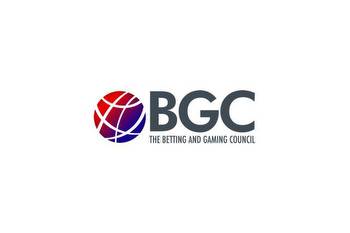Gambling addiction numbers remain steady in UK in latest survey

Problem gambling numbers for the 12-month period ended in June 2022 remained steady, the UK Gambling Commission reported in a new survey. This indicates that the commission’s efforts to keep addiction as a downward or at least flat trend have so far been paying off. However, a decline from 0.4% to 0.2% is not satisfying to all, as the problem still persists, industry observers believe.
Gambling participation remained fairly unchanged, with the UKGC collecting 4,018 samples from the UK’s adult population. The regulator turned to the Problem Gambling Severity Index (PGSI) questionnaires to quickly interview candidates by conducting mobile phone interviews and analyzing their gambling habits over the 12 months prior to the interview.
In terms of problem gambling participation, men represented the bigger number of problem gamblers, three times more than their female counterparts. The survey discovered that the most vulnerable age group is people between 16-24. The survey discovered that the overall participation in gambling following the pandemic has remained lower compared to pre-pandemic consumption.
This could be attributed to the government’s efforts to keep people safe, but also, and most likely, to the rising costs of living in the UK. However, one notable uptick in the latest survey shows that people have been waiting for the return of physical gaming venues, such as horse racing tracks, casino parlors, and bingo halls. Consumers began to frequent those in person as soon as they were allowed.
However, the proportion of people opting for online gambling options has remained fairly unchanged. People continued to mostly buy tickets for the National Lottery online, which is also the best way to do it as it guarantees slightly higher contributions to good causes in the United Kingdom. The UKGC acknowledged that the sample size was fairly robust but argued that there is still a margin for error, as processes encompassed more people.
Most worryingly, the moderate-risk gambler size increased from 0.6% to 3.6% in the most vulnerable age group, i.e. 16-24. The UK Gambling Commission is also looking on more input on its methodologies hoping to discover new and reliable ways to conduct similar surveys in the future.
The gambling industry in the meantime is set to change dramatically when the White Paper, a review of Gambling Act 2005, finally arrives on the British gaming market. Some of the changes will involve betting limits, mandatory checks, restrictions on gambling advertisement,s and more.





































